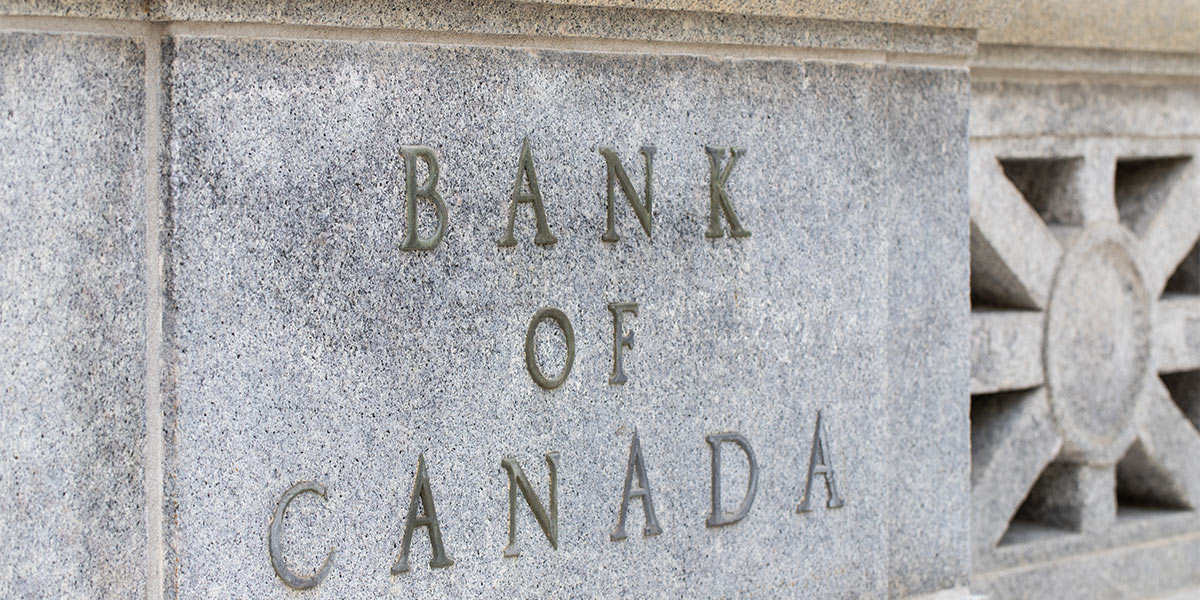In this edition:
- Ontario Culture Days names Niagara as festival hub for September
- Niagara Health recognized as Brock University’s Non-profit Co-op Employer of the Year
- Competition Bureau seeks feedback on artificial intelligence and competition
- Treasury Board launches action plan to improve procurement
- Demand for non-profit services outpaces capacity: StatCan
- Bank of Canada governors find labour markets easing, but concern remains over housing
- U.N. says e-waste from trashed electric devices is piling up, recycling not enough
- Focus on Climate

Ontario Culture Days names Niagara as festival hub for September
Ontario Culture Days has announced the 13 Ontario communities selected to be official 2024 Festival Hubs for the fall festival – and St. Catharines and Niagara Region are on the list!
The festival will run from Sept. 20 to Oct. 13 across Ontario.

Niagara Health has been named Brock University’s 2023 Co-op Employer of the Year Award, in the non-profit category. This award recognizes the hospital network’s commitment to fostering extraordinary learning opportunities for Brock University’s co-op students.
Being recognized as a top employer is a successful outcome of Niagara Health realigning its strategy to meet a shared vision of transforming care to meet the healthcare needs of Niagara’s growing and aging population, the agency said in a media release.

Competition Bureau seeks feedback on artificial intelligence and competition
With AI affecting many sectors of the Canadian economy, the Bureau is aiming to promote discussion and grow its understanding of:
- how competition is developing in AI markets;
- how the Bureau can protect and promote competition in AI markets; and
- how the Bureau can be prepared to address competitive harm from AI.
The Bureau is seeking feedback from those who do business in AI markets, as well as those who have expertise or experience with AI technologies and their potential impacts.

Treasury Board launches action plan to improve procurement
The Treasury Board of Canada Secretariat (TBS) is taking a series of actions to enhance its oversight of departmental practices and processes and support effective management across government.
TBS has introduced five new steps in addition to the steps they have taken over the past year to strengthen the management of procurement by departments.
In 2023, close to half (46.1%) of non-profit organizations reported increased demand for services or products, with 21.4% reporting a significant increase and 24.7% reporting a modest increase, Statistics Canada reported today. However, just under one-quarter (24.3%) of organizations reported that their overall capacity to meet demand had increased, with 18.2% reporting a modest increase in capacity, and 6.1% reporting a significant increase in capacity.
Social services (70.2%) and health (69.7%) organizations were most likely to experience increases in demand.

Bank of Canada governors find labour markets easing, but concern remains over housing market
The Bank of Canada has issued its report on the Governing Council’s policy decision-making meetings, which began on March 1.
Labour markets continued to ease gradually, with employment growing more slowly than the population. Governing Council members noted that recent data were beginning to show signs of easing wage pressures. Governing Council members expressed concern that the housing market continued to pose upside risks to the inflation outlook, however.
U.N. says e-waste from trashed electric devices is piling up, recycling not enough
The U.N. says just over 22% of the e-waste mass was properly collected and recycled in 2022. U.N. agencies have warned that electrical and electronic waste is piling up worldwide while recycling rates remain low and are likely to fall even further.
In a new report released on Mar. 20, the U.N.’s International Telecommunications Union and research arm UNITAR said some 62 million tons of “e-waste” was generated in 2022, enough to fill tractor-trailers that could be lined up bumper to bumper around the globe. It’s on track to reach 82 million tons by 2030.
Did you know?
Almost half of all bottled water is derived from tap water.
Focus on Climate
When the New Democratic Party MP Charlie Angus proposed private member’s bill C-372 in February to ban fossil-fuel advertising it is unsurprising that he struck a nerve with many. After all, standing up to fossil fuel interests in a natural resources economy such as Canada’s is unlikely to make you a lot of friends.
While the bill’s future remains uncertain, what is clear is that the debate it triggered has revealed interesting dynamics, and fault lines, at play within the Canadian economy and civil society.
Some reactions to bill C-372 show bad faith on the part of the lobbyists of the oil and gas sector — and illustrate still wide-spread ignorance about the existential threat of climate change. However, other lines of criticism thrown at Angus should be taken seriously, even if they ultimately fall short of being convincing.
Through the Daily Updates, the GNCC aims to deliver important business news in a timely manner. We disseminate all news and information we feel will be important to businesses. Inclusion in the Daily Update is not an endorsement by the GNCC.





